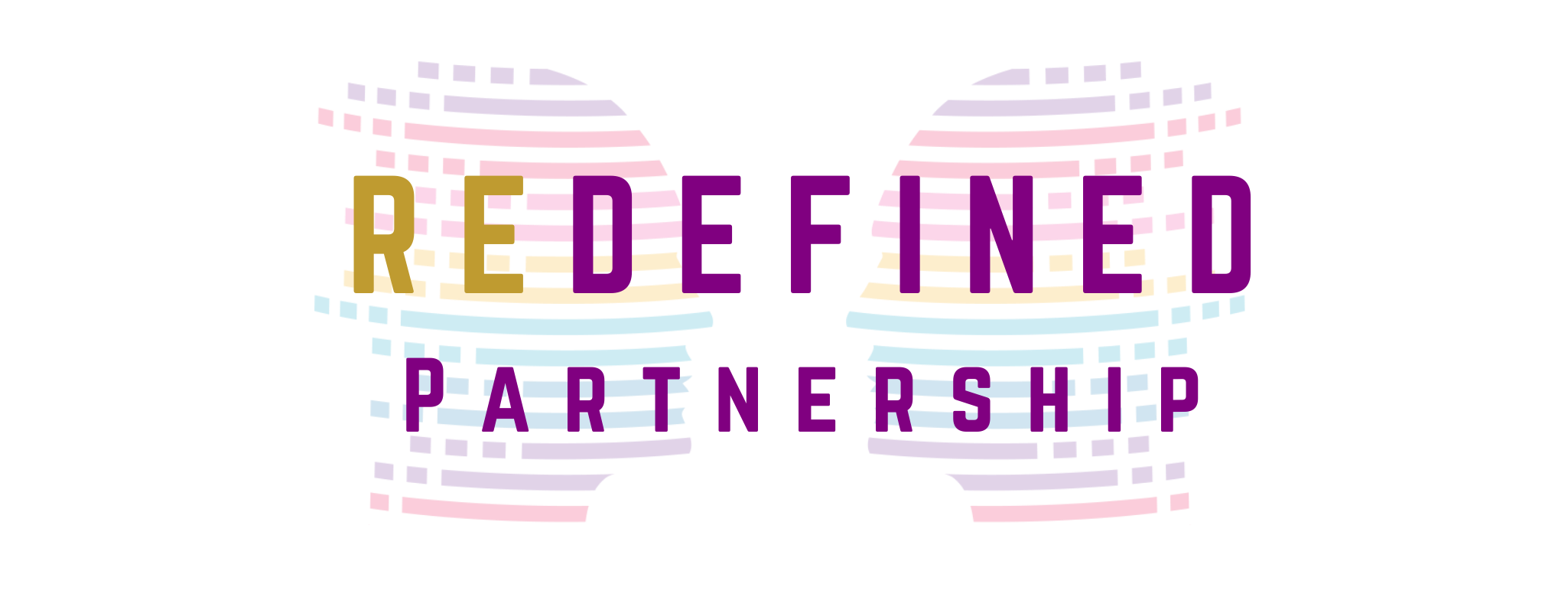We redefine the difficult subjects -Redefined Rationality
“The good preceding the right”
How to Save a Life now in 2020
Creating “Good in Society ” as an idea and in actual action must be recognised as both rational and intuitive. Roy J Thomas of the Redefined Partnership spent the last 20 years advocating and acting on the need of ” selfless” human organ donation to help each other. It is a subject which attracts global attention, in a rational and action sense, as it exists in the highly tense context of a human being about to die or give life when dying. It can be a quick death or a long wait. For the donor family – a highly charged conversation.
Roy says “….we grew up and my Mother who was in a Children’s Home in Oxford , England during her teenage years would always say and so would my Father that we had an obligation to always think about those less fortunate. To whom therefore it is given it is expected – she gave me my ethical imagination.”
Organ donation for me is the test of ethical imagination.
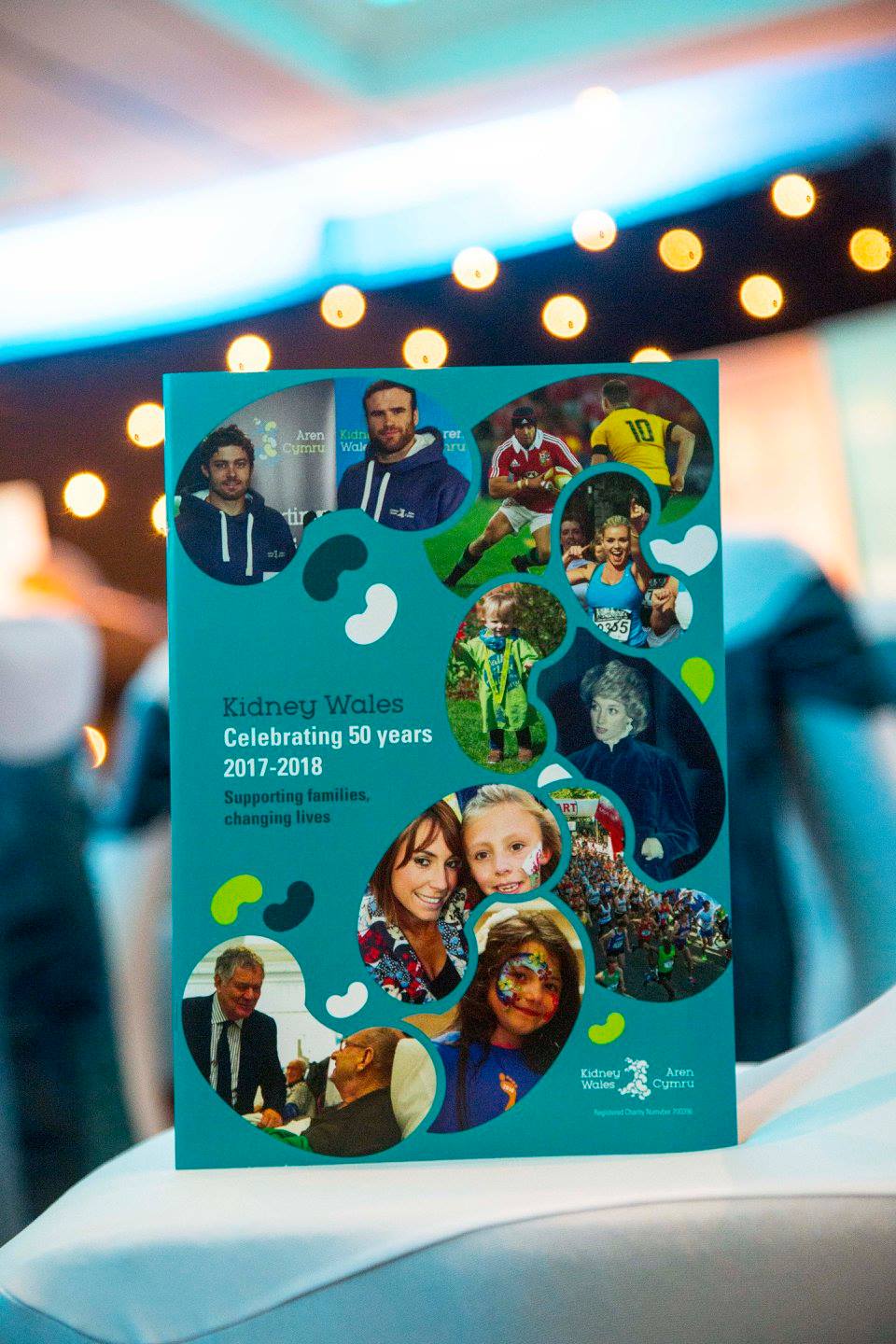
Waiting for a transplant is a form of sentence which is not often understood by those whose lives are not touched by illness or such suffering. Or those who cannot contemplate “giving” as an absolute act of selflessness.
You are more likely to need a transplant than donate an organ.It brings into play actions such as humanity, kindness and the ultimate love of fellow human beings.
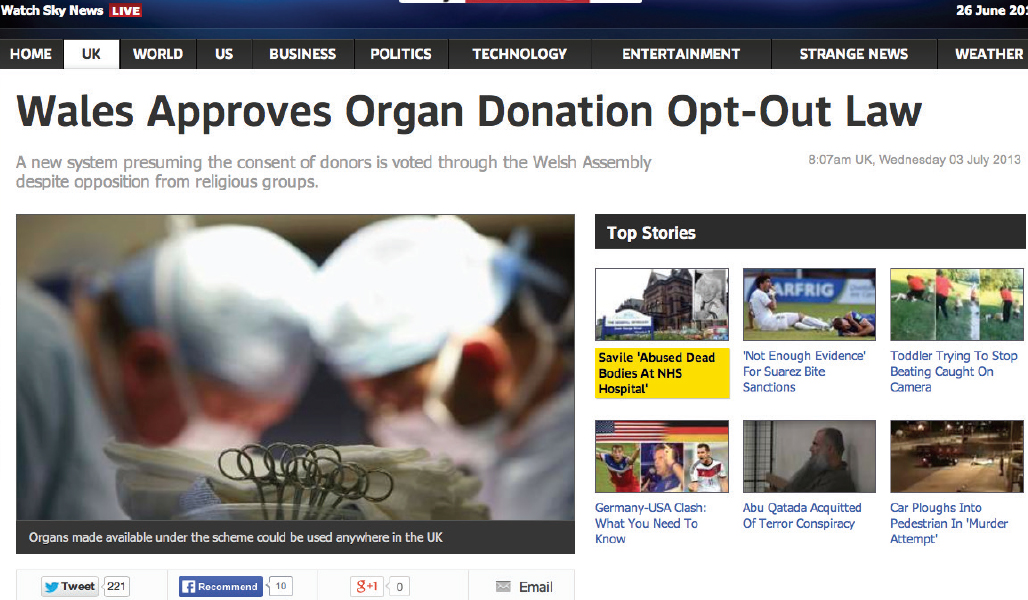
Joseph Murray, as lead surgeon, and J. Hartnell Harrison, M.D. performed the first successful kidney transplant .It was a transplant between identical twin brothers Ronald and Richard Herrick, in 1954.Even though it was before the advent of the necessary immunosuppressive drugs, their transplant was so successful because of the identical genetic makeup as twins; rejection was not an issue. At the age of 91, Dr. Murray, reflecting back on the surgery, said, “This operation rejuvenated the whole field of transplantation.” It did indeed, encouraging a mass of attempts with every other major organ. It also happened to win Dr. Murray a Nobel Prize.
The most notorious pioneer was Christiaan Barnard in Cape Town, South Africa who finally achieved the first success of a heart transplant on December 3, 1967. Louis Washkansky, the recipient, survived for eighteen days amid what many saw as a publicity circus. Over a hundred were performed in 1968-69.
The ethical problems that an Aristotle or Kant grappled with are in many respects the same problems we are thinking about today.
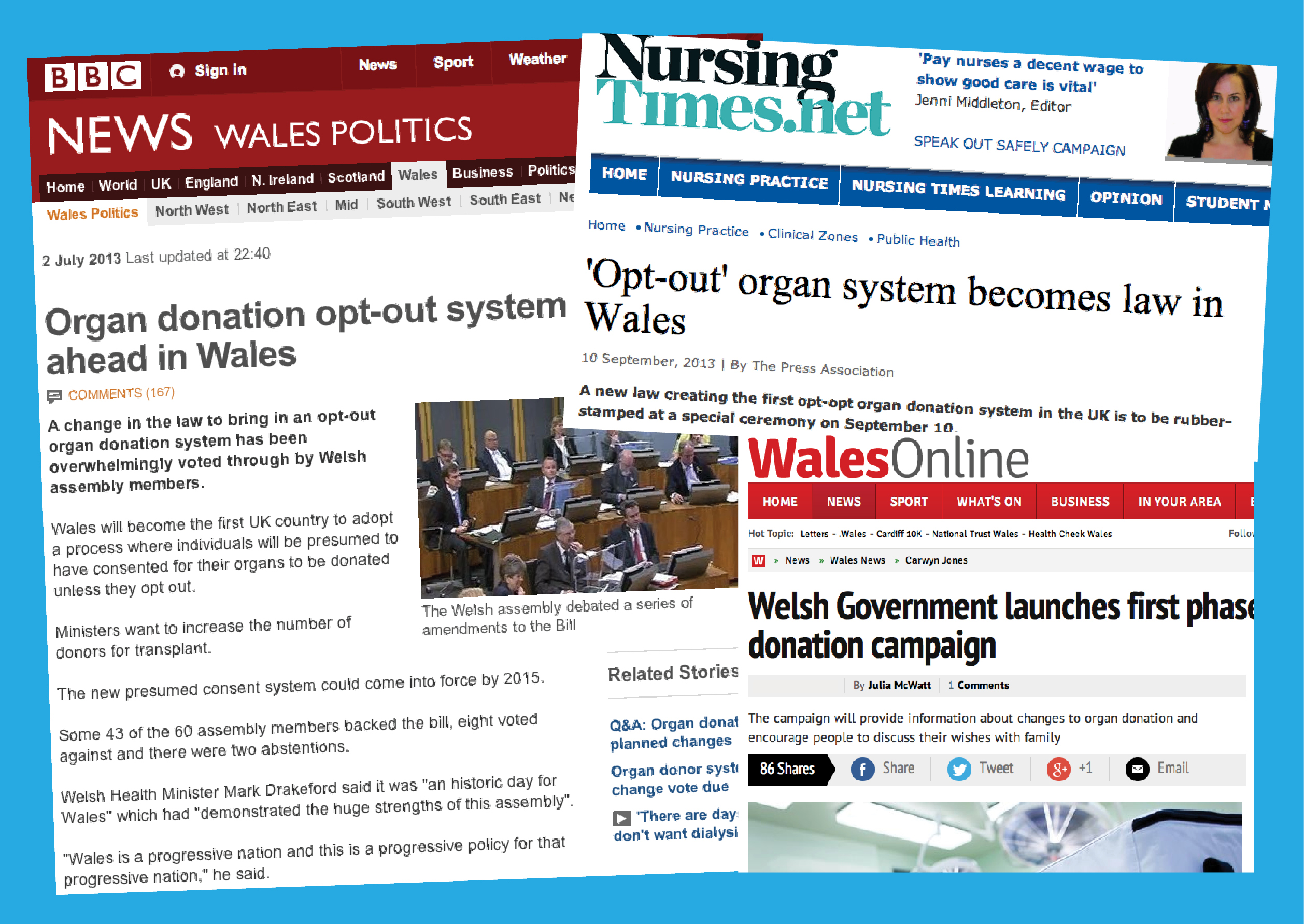
Often those who I know waiting for a transplant feel guilty, anxious , desperate all at the same time. Guilty as they will await a death of another, anxious as they are not sure when and desperate as they are scared of leaving their loved ones or death itself.
Most in the Global society believe organ donation is good. However, there is a need to establish an ethical framework around this good that functions practically and clearly to achieve wide acceptance and enactment of organ donation as a virtuous act.
The making for a more just or caring society is not new. In Greece during the third and fourth centuries before Christ, the Greek philosophers Socrates, Plato, and Aristotle were concerned with how people could live a life that was in harmony with their city, their culture, and the natural world. Disciples of these great teachers would later form a number of schools of philosophy. By the time of the early Christian church, the teachings of these schools had spread throughout the Mediterranean world. Plato and Aristotle especially had a profound effect on later Christian writers and thinkers.So consider ethical philosophy from Socrates , the Sophists in the 5th century to Bentham and indeed Thomas Acquinas via St Augustine.
Secondly the irrational, consisting of the appetitive dimension of life ( appetites, feelings, desires, emotions) and nutritive dimension of life (beyond the reach of reason and plays no role in moral life).
Rational in that it corresponds to the construction of ethical systems.
Intuitive as a response to learnt behaviour and interactions with other people.
Regardless of the construction of ethical systems, the good exhibits as a quality that we can relate to at our deepest level as humans.
We therefore create systems of thought to give structure and form to our ethical inclinations and to guide “others” perplexed to a realisation of the good in their own lives and that of their communities in regard to specific issues and general goals.
The idea of the virtues as character encapsulates what it is to be good qua human. What is being virtuous?
The Theory of Virtue approach is an attractive proposition for nursing and social work professionals. According to Cline (2009), once the professionals are successful in answering the questions as to the sort of person they want to be, arriving at the correct moral decisions will come naturally.
Virtue theory focuses on the motive that prompts the action or decision and most relevant areas of medical or social care. For example, a medical or social work professional that behaves in a virtuous manner by exercising, patience, honesty, and being trustworthy in dealing with ethical problems would be considered motivated by good character. If the professional does not act in a virtuous manner, for instance, by betraying the trust of his patient or client, then his or her action would be wrong or unethical .
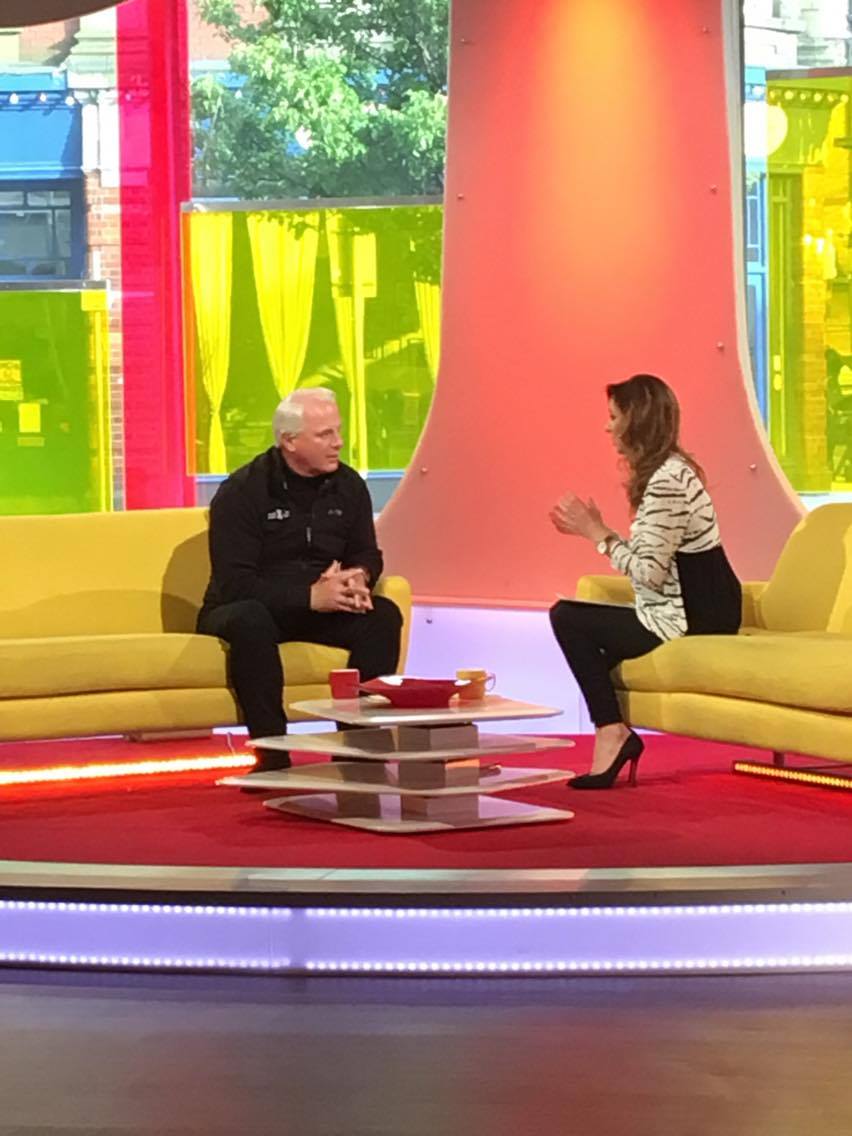
Does the idea of utilitarianism is an idea of methods of maximal attainment of specific goods? Such methods hold a sway over the modern imagination specifically in the field of medical and/or bioethics.
Virtue theory and utilitarianism advocate approaches that proceed from different premises to different conclusions: for virtue ethics, the good precedes the right, which is to say that ethical states and conditions precede the enactment of the right actions; for utilitarianism, the right precedes the good in which case the enactment of the right action is that which creates the conditions or state of the good.
As this discussion is based on the idea that organ donation is good, there is a need to establish an ethical framework around this good that functions practically and clearly to achieve wide acceptance and enactment of organ donation as a virtuous act. Anscombe, G. E. M. (1958), ‘Modern Moral Philosophy’, Philosophy, 33 (124), 1-19.
Law according to Acquinas is “an ordinance of reason for the common good , promulgated by him who has care in the community” (Summa Theologiae 1a2ae.90.4.) Acquinas’s basic theme is the basic inclination is to seek the good.
If virtuous actions in society are viewed as psychologically positive acts, then there has to be a framework for comprehending the instinct to do virtuous actions and providing the means to rationally comprehend the actions.
This is what we try and do at the Redefined Partnership.
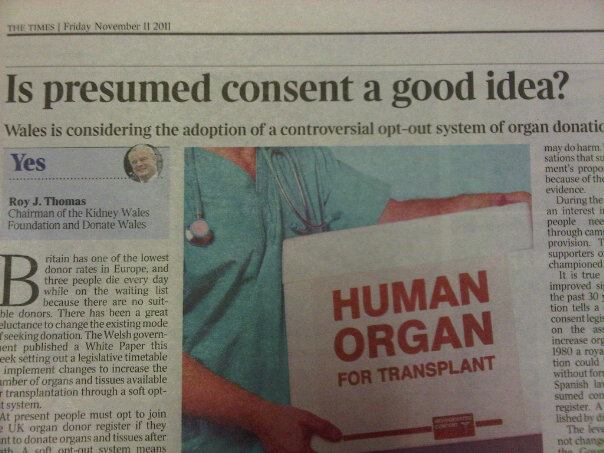
means discussion and debate
The idea that a just man engages in positive behaviours and actions through inclination rather than through legislation is central to the modern virtue thesis. “The concept of legislation requires superior power in the legislator” – Acquinas would not disagree with this. See Anscombe, ‘Modern Moral Philosophy’,
But we need to have people to change legislation for the good this was done in organ donation in the UK. It is moral leadership.
Surely, you might ask – the virtuous woman/man relies not on the notion of imposition to arrive at a rational outcome but, more in the Kantian sense, becomes a self-legislator acknowledging the rational sense for specific actions.Not in the case of medicine where our ethical mind needs to question what is just or right in terms of treatment. Please remember that the first kidney transplant was conducted in secret in a Catholic Hospital it led to great success but the Catholic Church did not proclaim that organ transplantation was fitting and good until some time after. Indeed , the teachings of Jesus Christ were not proclaimed as worthy until studied some time after. Anscombe who first coined the term “consequentialism” basically deciding what is ethically right or wrong based on an outcome of an action was its also a critic of the theory as it does not provide guidance on what to do.
Questions about where opt-out organ donation schemes sit in relation to virtue ethics are an important part of justifying a scheme. Can a scheme that limits the choice of potential donors to that of the negative choice of opting out be a just or virtuous scheme? Is it necessary to adhere to maxims of virtue ethics such as “goodness is prior to rightness” Oakley and Cocking, D., Virtue Ethics and Professional Roles, 19 or notions that the virtues are objective goods, or even that the rightness of an action is determined by what the virtuous person would do in such a circumstance?
The virtuous person would voluntarily donate, that the question of opting out is not really a question for the benevolent or those people with the character of being mutually interested in the welfare of the other as the self.
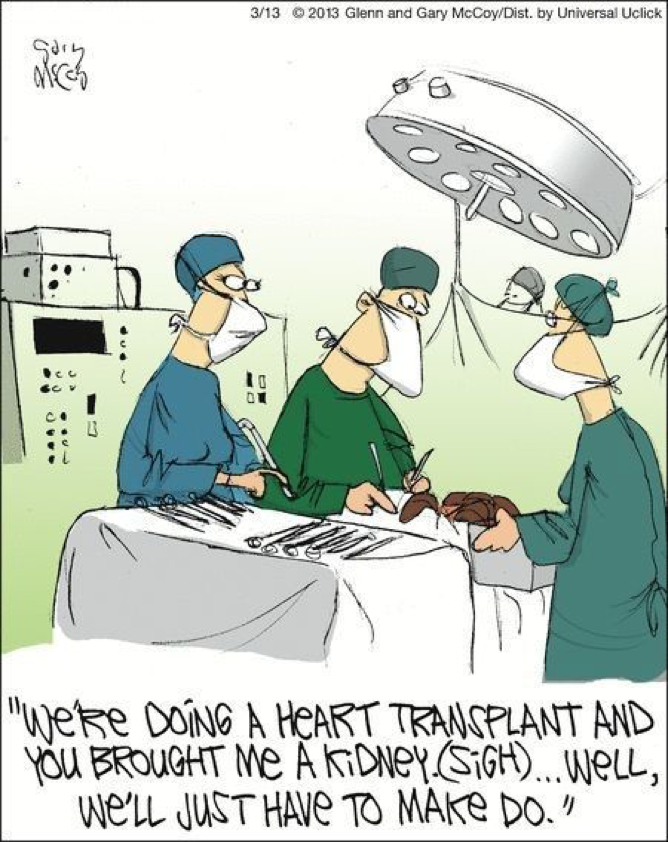
In the case of organ donation, the perfect world of virtue would be a picture of optimum donation –but not everyone wants to donate. However, the further question of whether it is necessary for all to be good for the action to be right presents a quandary. If laws are directives towards behaviour and, in a state of virtue, laws are unnecessary except as guides to behaviour, the virtuous engage in a state of mutuality. Laws are not always abided by or enforced.This is a fallacy of the legislator.It attempts to create a culture for behaviour-humans still break laws every minute of every day.
It is reasonable for laws to exist to guide people so that they can achieve a state of shared behaviour or mutual interests. If the laws are designed to maximise in a utilitarian manner the optimal number or organ donations this design does not necessarily preclude the laws from passing a test of ethical virtue.
